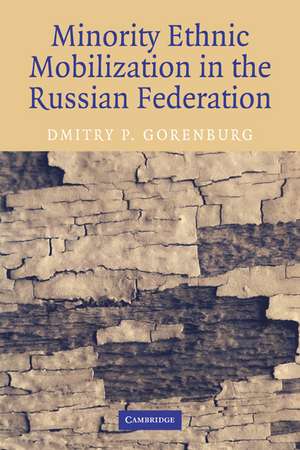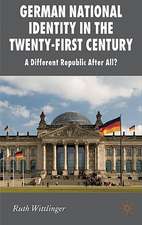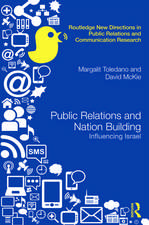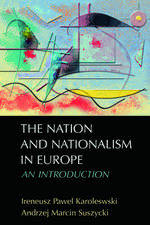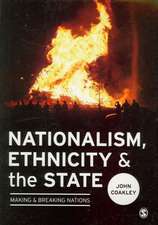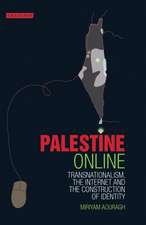Minority Ethnic Mobilization in the Russian Federation
Autor Dmitry P. Gorenburgen Limba Engleză Paperback – 13 dec 2006
| Toate formatele și edițiile | Preț | Express |
|---|---|---|
| Paperback (1) | 288.04 lei 6-8 săpt. | |
| Cambridge University Press – 13 dec 2006 | 288.04 lei 6-8 săpt. | |
| Hardback (1) | 683.27 lei 6-8 săpt. | |
| Cambridge University Press – 4 mai 2003 | 683.27 lei 6-8 săpt. |
Preț: 288.04 lei
Nou
Puncte Express: 432
Preț estimativ în valută:
55.12€ • 56.95$ • 45.88£
55.12€ • 56.95$ • 45.88£
Carte tipărită la comandă
Livrare economică 25 martie-08 aprilie
Preluare comenzi: 021 569.72.76
Specificații
ISBN-13: 9780521032391
ISBN-10: 0521032393
Pagini: 312
Ilustrații: 6 b/w illus. 1 map 45 tables
Dimensiuni: 157 x 228 x 18 mm
Greutate: 0.46 kg
Editura: Cambridge University Press
Colecția Cambridge University Press
Locul publicării:Cambridge, United Kingdom
ISBN-10: 0521032393
Pagini: 312
Ilustrații: 6 b/w illus. 1 map 45 tables
Dimensiuni: 157 x 228 x 18 mm
Greutate: 0.46 kg
Editura: Cambridge University Press
Colecția Cambridge University Press
Locul publicării:Cambridge, United Kingdom
Cuprins
List of figures and tables; Preface; 1. Minority ethnic mobilization in Russia: an introduction; 2. Explaining ethnic mobilization: the role of ethnic institutions; 3. From cultural society to popular front: the formation and development of nationalist organizations; 4. The Soviet institutional legacy and ethno-nationalist ideology; 5. Institutions matter: measuring support for nationalism; 6. Intragroup variation in support for nationalism: not all ethnics are the same; 7. Outcomes: did regional governments adopt the nationalist agenda?; 8. The larger picture: support for nationalism in Russia's other republics; 9. Institutions and nationalism; Appendix: construction of variables and indices; References; Index.
Recenzii
'Dmitry Gorenburg's book is a very useful and theoretically incisive addition to the literature on post-Soviet Russia. The study is sophisticated and well-researched … A great strength of this book is that it contributes to advancing the debate on three fronts: institutionalism, democratisation, ethnic mobilisation.' Studies in Ethnicity and Nationalism
'… a most timely and much needed contribution to the debate … a stunning success … he makes a very significant contribution to the literature … well structured … a product of extensive research … rich in tables and figures … Gorenburg's excellent study deserves to be widely read by all those interested in this highly topical issue. I recommend it enthusiastically to all specialists in Russian as well as nationalism studies.' Slavonic and East European Review
'… an interesting contribution to our understanding of ethnicity and politics.' Ethnic and Racial Studies
'… a paradigmatic, and, to a large extent, innovative study of the micro-processes of nationalist mobilization.' Ab Imperio
'… a most timely and much needed contribution to the debate … a stunning success … he makes a very significant contribution to the literature … well structured … a product of extensive research … rich in tables and figures … Gorenburg's excellent study deserves to be widely read by all those interested in this highly topical issue. I recommend it enthusiastically to all specialists in Russian as well as nationalism studies.' Slavonic and East European Review
'… an interesting contribution to our understanding of ethnicity and politics.' Ethnic and Racial Studies
'… a paradigmatic, and, to a large extent, innovative study of the micro-processes of nationalist mobilization.' Ab Imperio
Descriere
Discusses the spread of nationalism in the Soviet Union and the Russian Federation.
